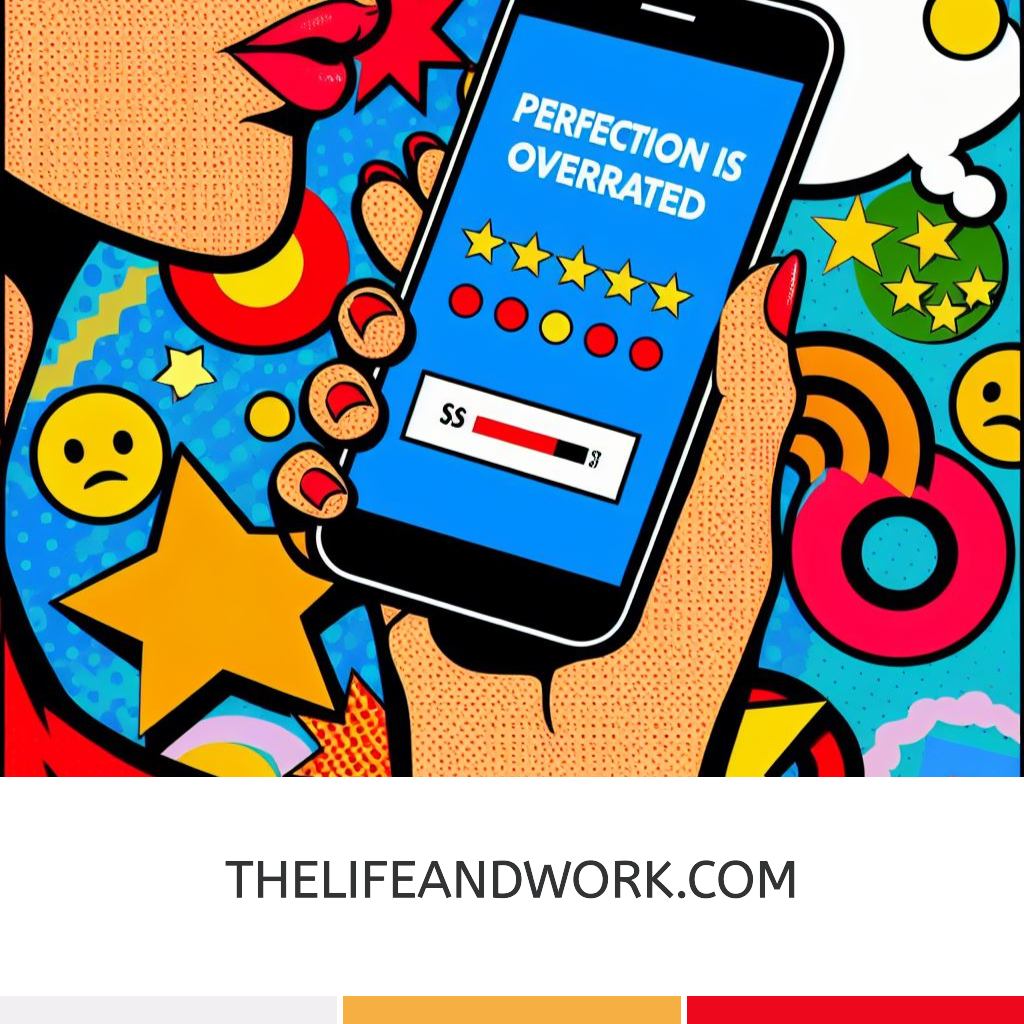After the killings that were happening in Gaza, my family started boycotting several famous American fast-food chains, including McDonald’s.
Ordering fast food usually comes with excitement, especially for the kids if you’re used to the daily homemade cooking.
Boycotting products, chains, and companies that directly support Israel or companies that are iconic for countries that support Israel does not always come easy, especially for kids.
We are so entrenched in the American culture because of its immense effect on our lifestyle, thanks to the American movies, sitcoms, and heroes.
Boycotting a can of coke is little to give for the people being murdered each day in Gaza and the starving of kids, women, and the elderly.
However, a kid is still a kid, and a parent is a parent. I always want my kids to have the best in life.
We didn’t cook that day at home, and the kids ordered burgers from an Egyptian burger chain. When I returned home, I asked my daughter how the burger was. Was it good? Was it juicy?
I wanted to ensure the Egyptian substitute was good enough to replace the American. Part of the question was to make sure that my daughter didn’t feel she was missing anything, and part of it was to feel proud that an Egyptian product could fill the gap.
I asked her about the food, and she said it was okay but different from the previous two orders. So, I asked her to rate the experience. How much would you give it on a scale from 1 to 10? She answered, 8.
Why would you rate it a “9,” Aisha? She said, you know, the iceberg when it is thick and a little bit chunky on the top of the burger. I looked at her, trying to understand, but I didn’t. I usually don’t notice the difference between the lettuce and the iceberg. Anyways, it was good, Aisha, I said and left her.
How did we reach this far? Why did I ask her about the experience, and why did I ask her to rate it? Do we have to enjoy every moment we have to the extreme? Do we have to rate any experience we have?
And the straight answer is a big “No.” Millions of people wish for a meal like this one.
So, how did we reach this far?
At my outpatient clinic, I get reservations through phone calls, walk-in visits, and online reservations through my website. One other 3rd party service offers online reservations for my clinic in exchange for a commission for every patient referred. Patients choose doctors on such platforms based on reviews, like choosing restaurants when they go out on Yelp.
I understand the patient has the right to rate the doctors they visit. However, the problem with such a rating is that patients rate things unrelated to the healthcare experience.
Many patients rate the scheduling process, the delays, and the secretary. They rarely rate if they have gotten better concerning their disease or not.
People rate their healthcare experience as if they are rating an accommodation at a hotel.
Gradually, our culture turned us into walking judges who see everything as faulty, as if we were working in the quality control departments.
We demand the highest return for our bucks. We are not easily satisfied and act with self-entitlement.
We seek perfection in others and pretend that we are all perfect and that everything should be perfect. We over-calculate the cost-benefit analysis and the value for our hard-earned dime as if this is the last dime we will earn. We eat as if it is the last meal we will eat.
Perfection and quality control are needed in factories, companies, and healthcare, but not in our day-to-day human interactions and experiences.
Yes, we are required to rate bad experiences we are getting from subpar services to protect others. However, only some things need to be rated and judged, and only a few need to be perfect.
Reply to me and tell me your thoughts about perfection.
Ahmed
Cairo, Egypt, with love ❤️
